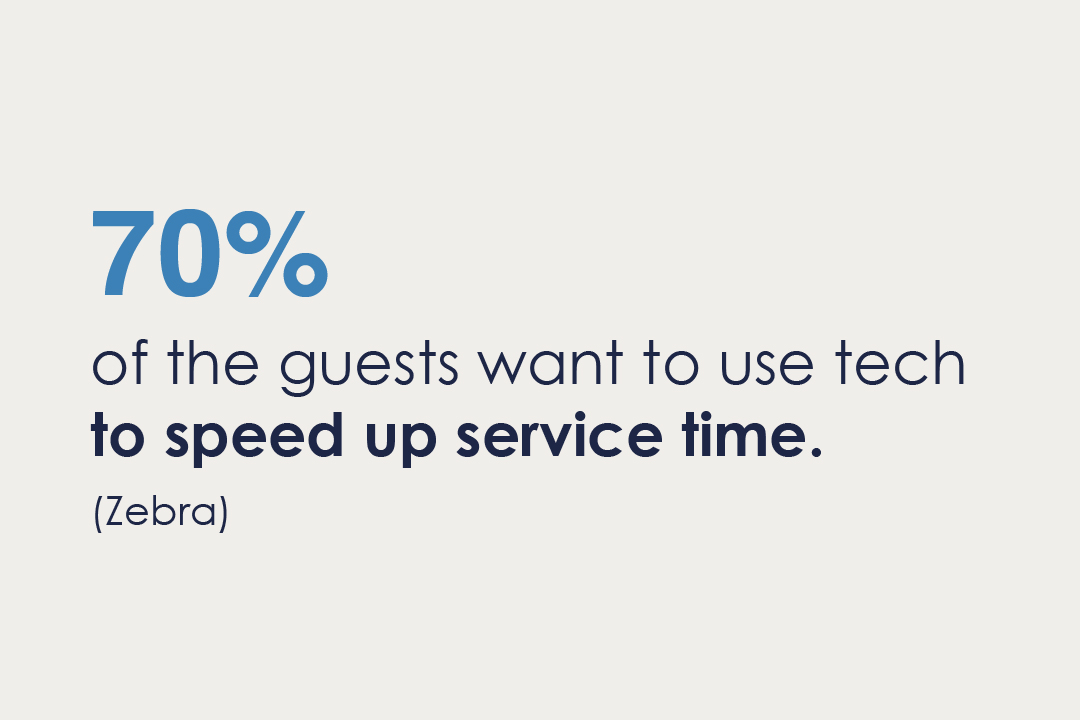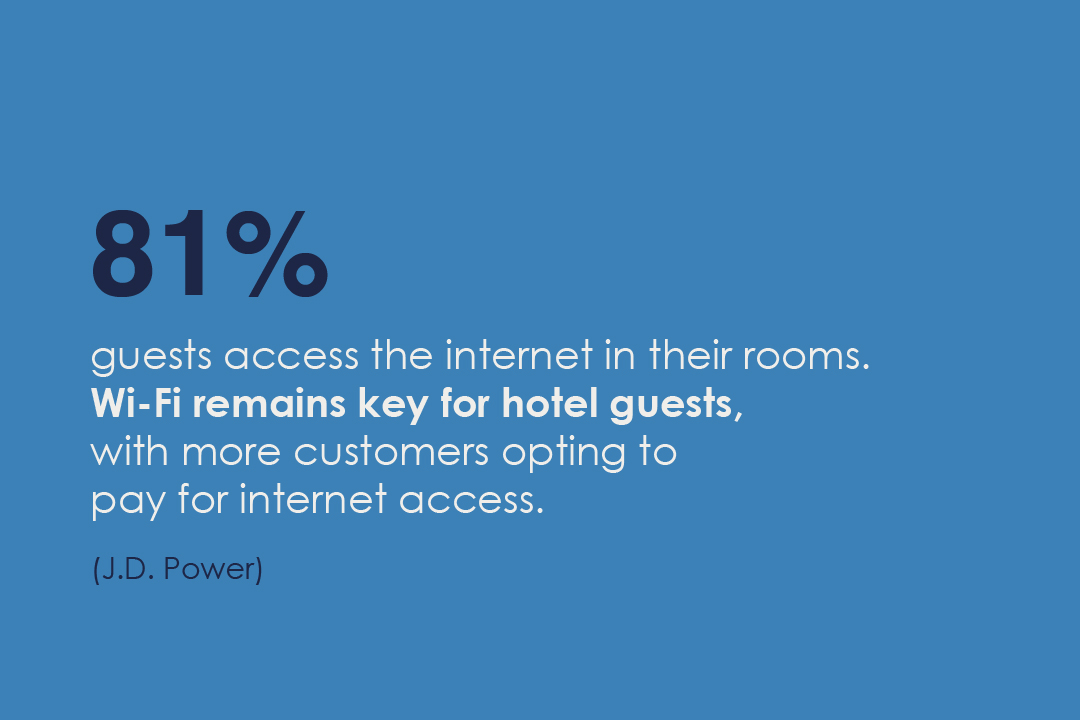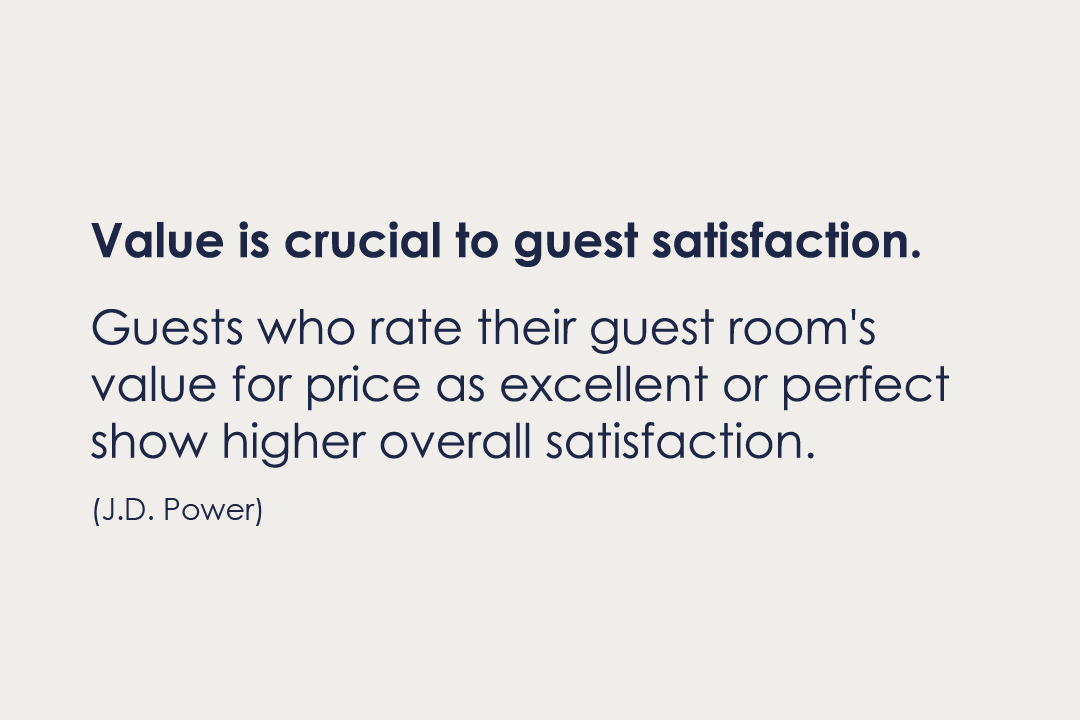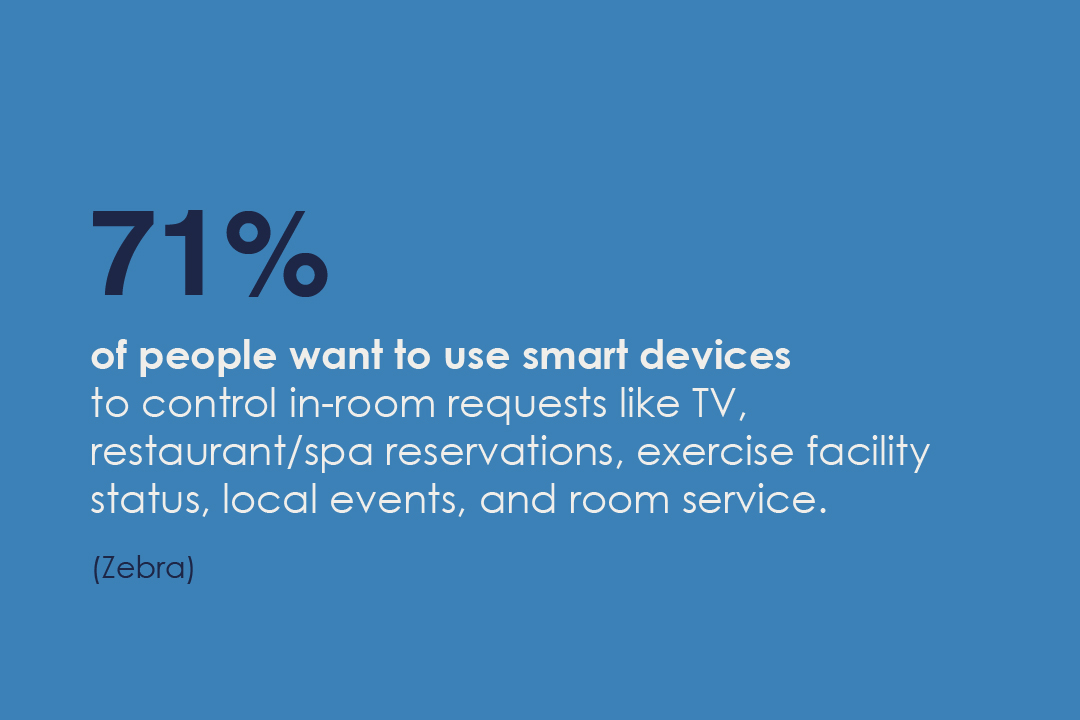

Guest satisfaction is key to the success of any hospitality business. Cleanliness, smooth, personalized guest services and great staff are still your biggest weapons. However, hoteliers often must handle an uneasy task of prioritizing guests amidst operational challenges, budget limits, and labor shortages.
Happy employees = happy guests. If you want to truly highlight your best assets, you will need to give your hotel crew space to learn about your customers on a deeper level. From there, your team can strategize, implement and identify what works.
In this article we will talk about the best strategies that not only increase guest satisfaction, but also allow your staff to spend more meaningful time with the guests.
Whether you are a seasoned hotelier or a new entrepreneur, having a firm hold over your guests’ happiness will propel your business to a greater, more sustainable success. Although you cannot control what your guests care for, it is helpful to be in the loop with current trends.
These are the key factors that influence guest satisfaction today:




Through surveys, you can collect valuable data on guest satisfaction scores by strategically positioning questions to calculate:
Net Promoter Score (NPS): This metric shows how likely your guests are to recommend your hotel on a scale from 0-10, calculating the ratio of promoters (scores of 9-10) to detractors (scores of 8 and lower).
Customer Satisfaction Score (CSAT): The guests rate their overall experience on a scale from 1-5. The CSAT score is calculated by dividing the total number of satisfied guests (those who gave scores of 4-5) by the total number of responses.
Repeat Guest Rate (RGR): This KPI helps you measure customer loyalty. It is determined by dividing the number of returned customers by the total number of customers, and it can be calculated monthly, weekly, or yearly.
81% of people frequently or always read reviews before booking a hotel.
Getting good reviews organically is not always easy. If you think that your guests could use a nudge, a good practice is to utilize your loyalty program. Most guests (about 58%) prefer to receive points or rewards in their hotel loyalty program for online engagement. (Zebra)
To motivate your guests more, you can diversify your loyalty offerings. Alongside free nights, include instantly redeemable rewards like a complimentary drink at the bar, valet service, flexible check-out, or automatic room upgrade.
Guest-staff communication touchpoints such as hotel apps, email, IPTV or in-room AI assistants open new channels for you to collect guest feedback. Conversational technology paired with AI and Big Data analytics lets you take advantage of large volumes of daily interactions and immediately feeds the data into your hotel systems. AI is a total game-changer for creating accurate guest profiles because it allows you to turn data from multiple sources into actionable insights.
Skilled personnel are your major asset, so it is in your best interest to automate parts of the guest journey that are too repetitive and help free up their time to take extra care of the guests.
Guests do not want to speak with the hotel staff every time they need something either. When asking for simple things such as an extra toothbrush, hotel facilities, or ordering room service they should be able to do so independently through technology. Your self-service room technology (hotel apps, tablets, AI assistants) should work to bring you closer to your guests by collecting insights into what your customers ask for.
“Tablet control of the TV, lighting, climate control and alarm would be good. A hotel directory would be better on a tablet as well.” (Source)
Understanding your guests’ individual preferences, purpose of their travel, tailoring hotel welcome and attending to special needs like travelling with children, anniversaries, or birthday celebrations is what sets you apart from the competition.
When booking a nice hotel, most leisure guests want to feel extra pampered. At night, when the guests want to unwind and watch Netflix, they want to be able to set up perfect temperature, dim the lights, and order room service. Personalization with technology is taking this a step ahead. Allowing guests to customize offerings from individual meal preferences and flexible check-in and check-out times to giving them the freedom to customize the room environment in every way they want is a way to wow your guests.
We cannot prevent all problems from happening. When issues arise, the most important thing is handling them as soon as possible and showing the guests that service quality is at the top of the list.
Housekeeping, task management, preventative maintenance, these all help deliver quality services, and make sure your daily operations avoid chaos. But what about the guests’ side? To ensure fast service recovery, your guests’ messages, including complaints, must always get through, which brings us to the next point.
Nothing is more frustrating for your guests than feeling ignored when they have something to say. Make sure there is always a way for them to connect with the hotel staff. If your phone line is already too busy and you want to offload your front desk, you can choose an alternative.
By setting up channels such as chatbots, virtual assistant or hotel messaging app, your guests can get in touch with the hotel anytime they need to. Plus, these solutions also sync with your hotel systems so that the staff can get back to it as soon as they can.
In the current industry environment labor shortages are still a main concern. Apart from basic needs, hotel’s HR must take into consideration how to create an environment that motivates the younger generation of workers to have a career in hospitality and avoid burn out.
Ranging from tools and supplies, nutritious staff meals, sufficient rest, offering extra help when they need someone, to performance recognition incentives, the happiness of your staff is just as important as the happiness of your guests.
Some hotels have truly mastered their craft.
These examples show how successful hotels implement personalized guest services, enhance room comfort with self-service technology and thoughtful gestures to drive customer loyalty and increase brand reputation.
‘We celebrated my daughter’s 1-year-old birthday, and the staff was wonderful in sending her birthday cards, a cute gift, and a delicious cake. We will certainly return here again.‘
‘The bedroom and living room are equipped with an Al system that you can speak to change things like turning off the light, turning on music, which was fantastic.’
‘The staff accommodated my request to make the meal vegetarian – changing items on the menu is something that very rarely happens in Japan.’
‘Everything was super clean and new. The room was very nice, the beds very comfortable and we were given kimono pajamas to sleep in. The staff were very nice, willing to help in every way.‘
‘I had left something in the taxi and the Assistant Manager could not have been more helpful. She went beyond the call of duty to try to track down the non-English speaking driver for me and eventually – long after I had checked out of the hotel – emailed me to say she had arranged for him to return the lost item.‘
‘A hotel that goes above and beyond, with high tech rooms and the most comfortable soft bed.
The service itself was an amazing touch, as well as housekeeping remembering your preferences.’
‘The Al technology in the beautiful and spacious rooms especially was a new experience and was so fun and easy to use. Kind of addictive too I would say. Also, the onsen bath experience is something that I would surely recommend. I would love to come back!’
‘Loved my stay here. Excellent facilities and rooms, free laundry. Everything was perfect. Amazingly comfortable beds. Automatic blinds. I wish we could have stayed here longer. Well worth the price.’
Understanding and prioritizing guest needs is the key approach for hotels to elevate guest satisfaction. In today’s technology-driven world self-service technology helps elevate the guest experience and ease your staff’s workload.
The happiness of your guests also directly depends on the happiness of your staff. Balancing the two is the only way for hotels to thrive in the industry and secure long-term success.
If you’re looking to enhance your team’s efficiency and task management, check out the Aiello Task Management System for seamless collaboration and smoother workflows. Gain valuable insights into each of your team members’ responsibilities, easily track the status of every task, and have the flexibility to create custom workflows from scratch. Book a demo of Aiello Task Management System today and experience the difference!
Do you want to learn more about voice AI technology for hotels? Sign up for a free demo.